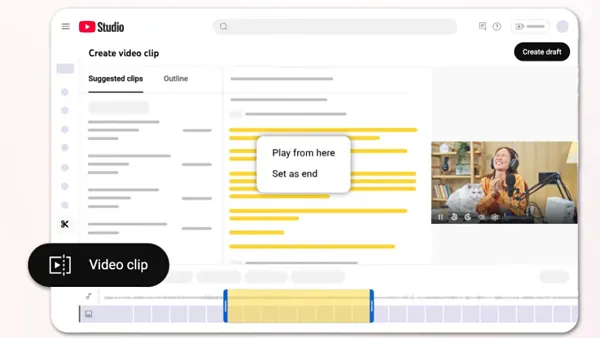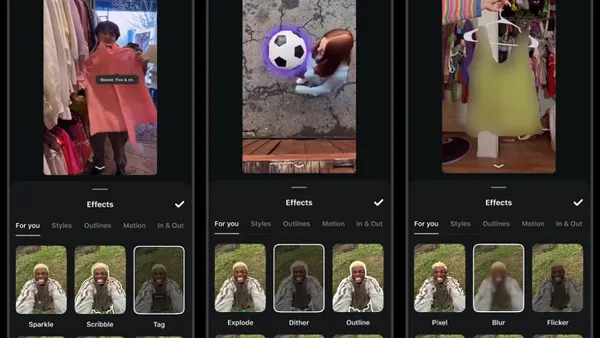The appeal was quite widespread and some very influential people had called for a boycott.
I checked and found that the blogosphere seemed to be divided in their opinion of the right course of action. Which was both good and bad.
Somehow email had problems and my comments did not reach them, as was later confirmed. But I thought it would make for an interesting post neverthless. Specially because such content makes for readily available conversation and reference material in the future if need be.
I posted this on Chasing The Storm, but am pasting the whole post here for the benefit of members
Do contribute what else could be added to this (hastily put together) piece:
The questions asked to me:
In light of the recent boycott of Coca-Cola in Malaysia, how do you see multinational companies and the way they do their marketing to Muslims online?
- How should the MNCs approach a diverse population of Muslims, who vary from the conservative to the religious to the more liberal ones?
- Have MNCs or international brands done enough to identify with such local communities? What can they do better?
My answer:
As a third party to this discussion (I am neither Muslim nor related to Malaysia/Israel/America) it is difficult for me to associate at the emotional level with which people who are involved take this. But one of the things about living in the wired world is that no one can be averse to such discussions- and when there is a situation, all the netizens come together in true collaborative spirit to address the situation in their own capacities.
Since I am a digital marketing professional, and a passionate engagement marketing advocate, I would want to contribute my 2 cents on the business aspect and how to mitigate the sensitive situation.
I think the Internet can play a huge role in this. In Malaysia, recent uprise of blogging and election results clearly signifies that it is a serious medium in the country. However, surprisingly politicians beat the corporate world to adapting the medium as a means to achieve success.
This is what the corporate marketing/PR world can do:
* Listen to the conversations around this topic happening on the internet
* On the basis of this, understand and assess the real reasons of the disillusionment of the community
* A very important part would be to identify influencers (preferably from the community) and then engage with them to put forth their point of view
* Using the information acquired from listening, companies can put together an online manifesto or mouthpiece with content that addresses all concerns including some rational facts like impact on local communities and economies
* This information then acts as (what I call) GermFeed- something that the online communities and influencers can leverage upon, when putting forth and spreading their opinions on their individual platforms
Specifically, now after looking at the questions again, I'd also like to add that- really, any sustained effort has not been visible in identifying such communities and understanding their motivations, influencers and how can they communicate with them better.
Your turn.
Shalabh
chasingthestorm.com










